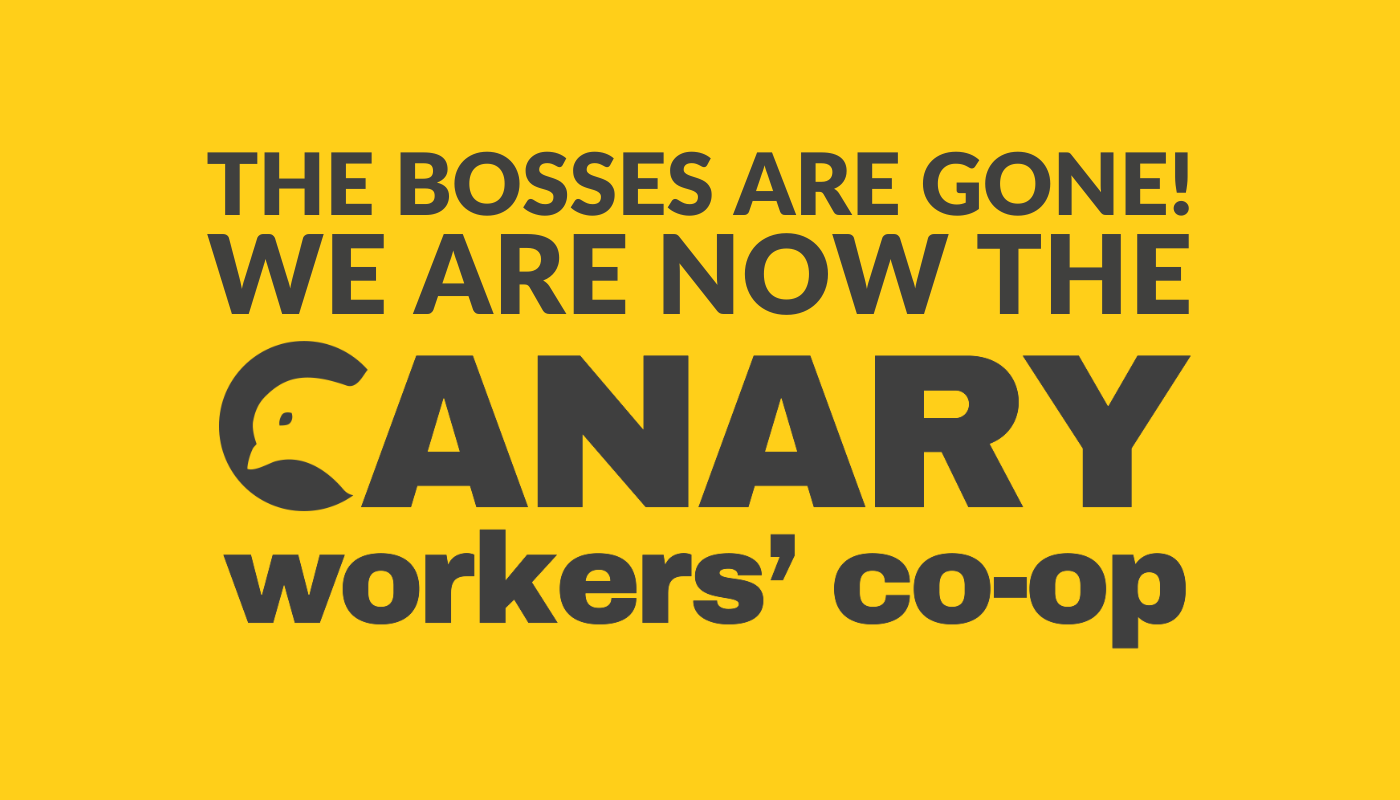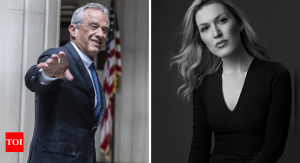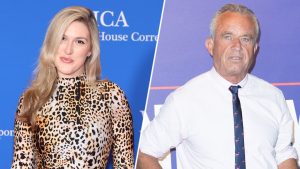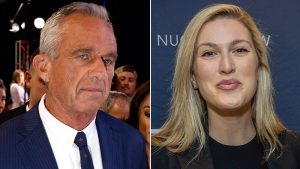
We’ve all heard the unbelievable gossip that seems to spark like wildfire across our screens – the story of a famous celebrity involved in a scandal that shocked the world, only to discover later that it was nothing more than a carefully spun web of lies. The impact of misinformation on public figures not only shapes perceptions but can also have dire consequences, blurring the lines between truth and fabrication. These instances of fake news, meticulously crafted to deceive and captivate our attention, are not just occasional blips in our news feeds. They’ve become a pervasive part of our digital landscape, blurring the lines between reality and fiction, often at the expense of our favorite public figures.
Understanding the landscape
From viral hoaxes to manipulated images, fake news in the realm of celebrities manifests in multifaceted ways. Take for instance Elon Musk’s frequent presence in the public eye, particularly through his active involvement on his social media platform X, which has positioned him as the prime target in the 2023 Fake News Index. ExpressVPN reports an astonishing 157,385 engagements linked to fabricated stories about Musk, potentially reaching an audience of over 15 million people.
The fabricated stories are often concocted to tarnish reputations, as well as the manipulated photos that incite controversies. Remember the purported feuds between stars, amplified by misinterpreted quotes or doctored videos? These instances not only deceive but also thrive on the relentless hunger for sensationalism.
But the impact extends beyond mere gossip. The repercussions of such misinformation on both celebrities and society cannot be overstated. False narratives can damage careers, strain relationships, and perpetuate harmful stereotypes, all while eroding trust in the veracity of information disseminated.
Navigating the spectrum of fake news
Within this labyrinth, distinguishing harmless satire from intentional deception becomes paramount. Genuine reporting errors, while unintended, can swiftly morph into viral falsehoods. Case in point: a misquoted statement quickly escalates into a headline-grabbing scandal, triggering a cascade of misinformation.
Yet, the most insidious form remains deliberate falsehoods strategically crafted to mislead and manipulate. This, compounded by the ever-evolving digital landscape, poses a daunting challenge in sifting fact from fiction. Social media platforms, despite their immense connectivity, serve as breeding grounds for unchecked information, blurring the boundaries between truth and deception.
Impact on celebrities
Celebrities, often prime targets, bear the brunt of such misinformation campaigns. Instances abound where unfounded rumors or malicious fabrications have upended lives and careers. Consider the mental toll on individuals subjected to baseless scandals or the damage wrought on professional trajectories due to false accusations.
Read on…
Support us and go ad-free
The vulnerability of public figures in the face of fake news raises ethical concerns regarding the responsibility of media outlets and the public’s consumption of unverified information. Upholding journalistic integrity and ethical reporting becomes pivotal in mitigating these repercussions.
Addressing the issue
Combatting this pervasive issue demands a multifaceted approach. Promoting media literacy and fostering critical thinking skills are pivotal in arming individuals against the onslaught of misinformation. Fact-checking initiatives and stringent verification protocols within media circles stand as bulwarks against the unchecked proliferation of fake news.
Furthermore, an informed and conscientious readership, one mindful of responsible information sharing, serves as the bedrock for a more discerning and vigilant society.
Call to action
As we draw the curtain on this discourse, the imperative lies in collective action. Each individual plays a pivotal role in shaping a more informed media landscape. Let us pledge to question, verify, and disseminate information responsibly. Together, we can navigate this intricate web, unveiling the truth behind the glare of fake news in celebrity culture.
Join the movement, apply critical thinking skills, and cultivate a culture of responsible information consumption. Our collective efforts can serve as the beacon guiding us through the labyrinth of misinformation, steering us toward a more transparent and trustworthy media environment.
Featured image via pixabay
Support us and go ad-free
-
Show Comments
Please read our comment moderation policy here.






Nearly all of our msm are responsible for this, that is spreading gossip with no journalistic checks.
Notice the use of the term “conspiracy theory”. In nearly all cases it is applied to criticisms of the PTB and the Oceanasia Empire, in nearly all cases it is employed to undermine a claim of active intent on their behalf, and in an astonishing number of cases the “Conspiracy theories” turn out to have more than a sliver of truth to them.
Often, considerably more. One can outright say they are true.
Corbyn WAS targeted by a deliberate Zionist/media campaign, this is not a “conspiracy theory”.
The war in Ukraine WAS provoked deliberately by the USA and NATO, this is not “Russian disinformation”.
The state called “Israel” HAS planned – and is executing – a long term plan to massacre or expell the remaining Palestinians from ‘Greater Israel’, this is not “Iranian disinformation”.
Assange WAS demonised to scare other Truth-Speakers, seeing what was done to him so casually and amorally, this is not “Fake News”.
It’s hard for anyone who has followed these stories since inception, not to reply with “Do some research!” to gullible believers of the Official Li(n)e, despite that also becoming a parody itself.
One can, without being exhaustive, add to that list much of the BS about Covid, the vaxes, the supposed benefits of Hard Brexshit, trickle-down neoliberalism, that all working-class are racists and Braverman was pandering to them, the safety of the NHS in privatisers hands, and that benefits in the UK are what pulls refugees here, despite being starvation/freeze level in reality, a months-worth being less than a Tory spends on a single meal on taxpayer expenses.
“You can trust your Masters now, so go back to sleep”.
In a truly competitive media marketplace, where ALL outlets were cooperatives like the Canary, who would choose outlets than ran constant fake news like the BBC and the other corporates do?
Elites understand this before they leave school – because its taught to them AT school, part of Class Consciousness. The State-schooled are left to figure it out… or not, in too many cases.